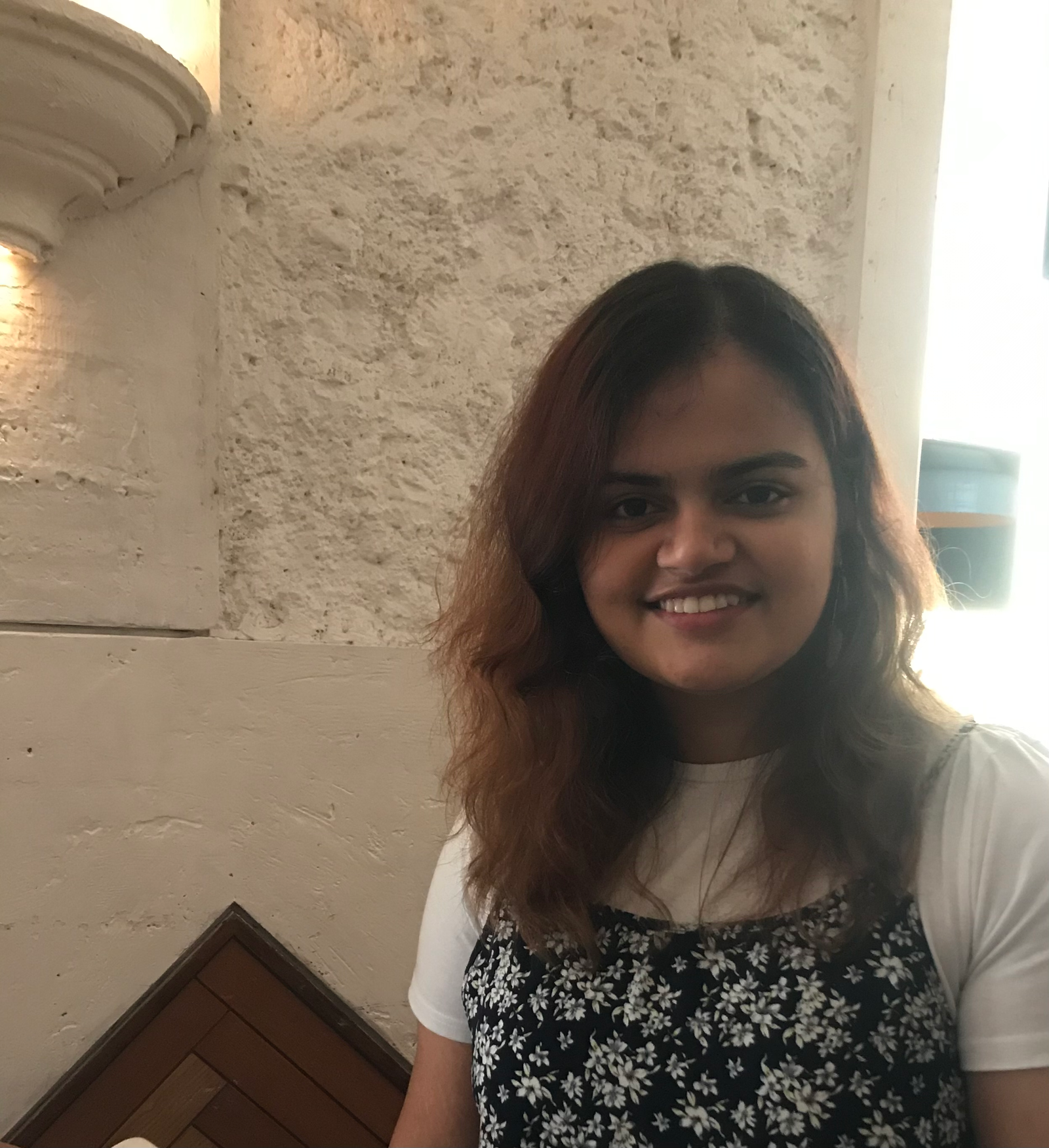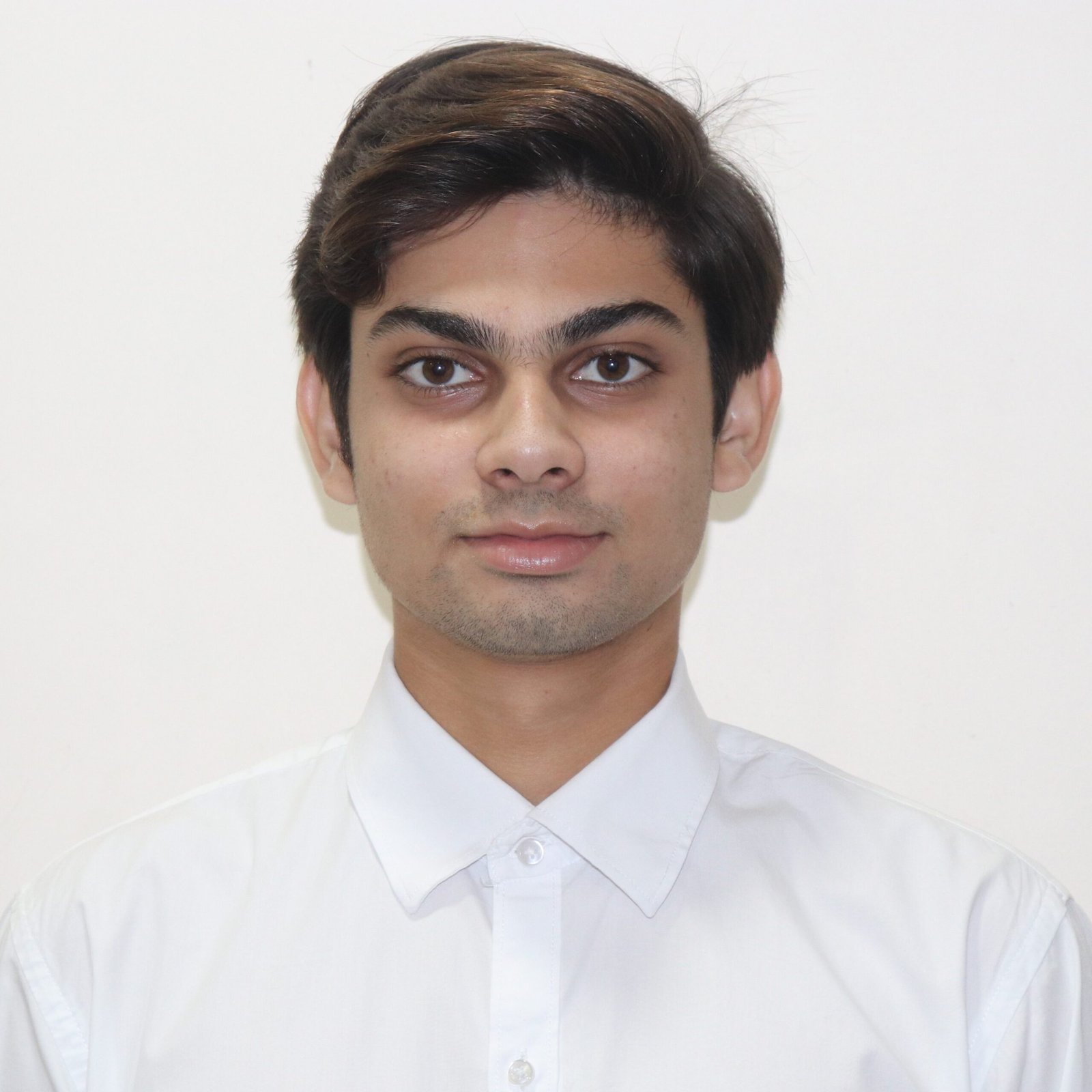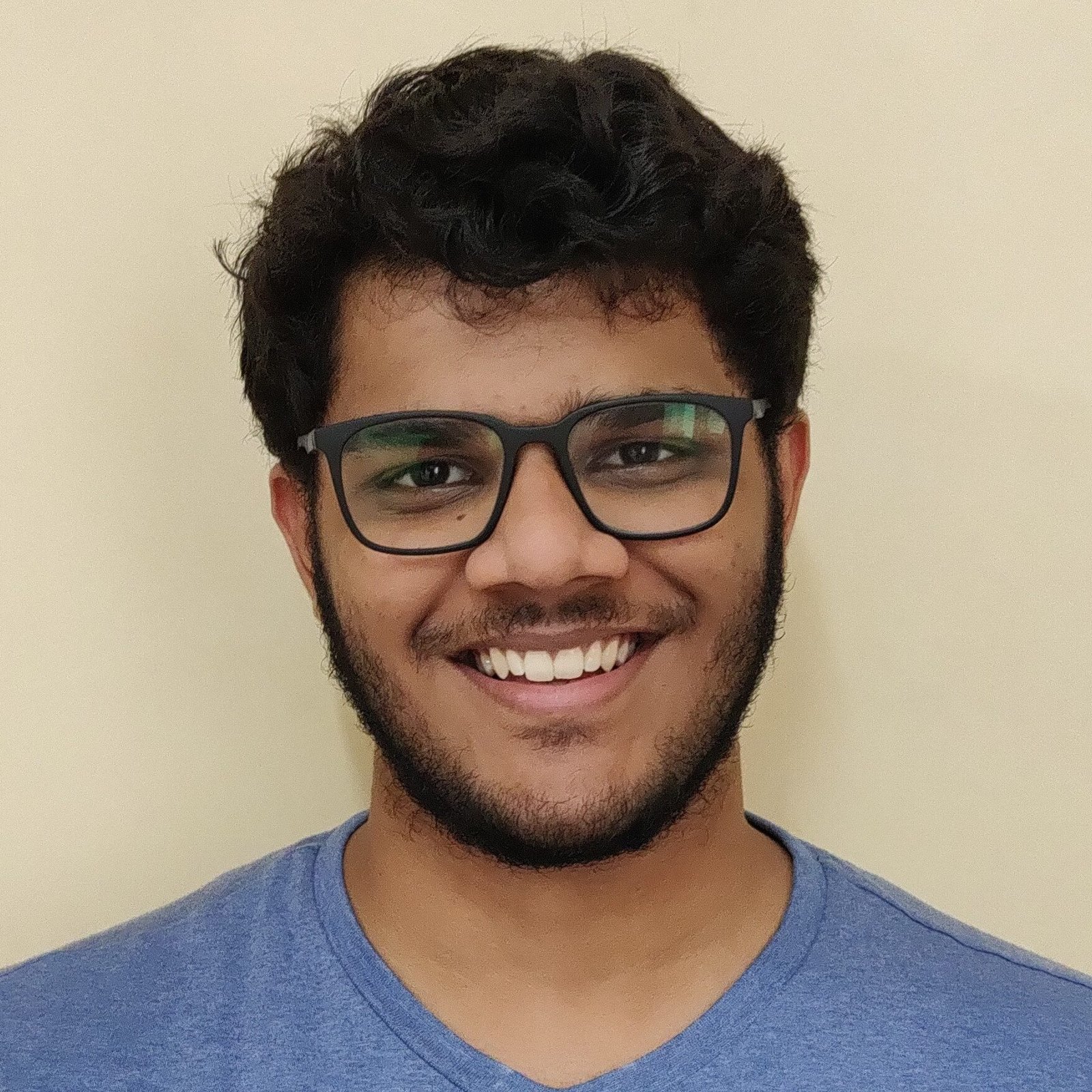Knowledge
The topics will include, Underwater Domain Awareness, Underwater Acoustics, Signal Processing, Data Science, and other topics tailored to participants' preferences.
Skill
Matlab, Python, Research Methodology, Communication Skills, Technical Writing and Algorithm Design.
Thinking Ability
Project Formulation & Execution, Data Analytics, Maritime Strategy and Geopolitics, Business Development and Policy Formulation.
Expertise Enhancement
The knowledge & skill development along with thought leadership will ensure generation of expertise within the organization, to take forward new ideas on their own.
RESEARCH AND INTERNSHIP
MRC Internships provide holistic learning for diverse students. They explore UDA, shape projects, and receive mentorship. Completion earns Certificates; top performers may become MRC research associates.
Furthermore, MRC Internships provide an immersive blend of theoretical learning and practical experience, fostering collaboration and innovation. Participants engage in cutting-edge research methodologies within the UDA framework, gaining valuable insights for future endeavors in research and development.
Embark on real-world challenges in tropical waters through UDA-based projects. PhD students shape research by identifying key problems.
Further insights into the comprehensive UDA framework and the engagement methodology for internship can be
downloaded here.
If you encounter any issues/ queries or have special requests, please contact : internship@mrc.foundationforuda.in









